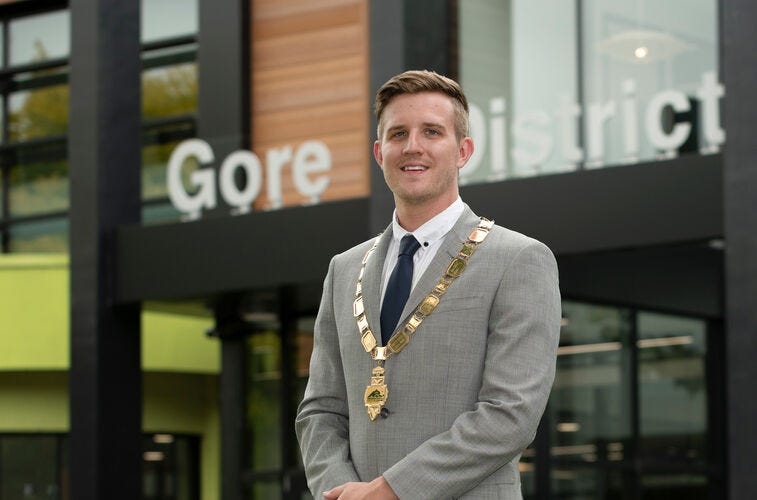Gore's vote on water: 'Expenditure the community cannot afford'
Gore District Mayor Ben Bell said the Government’s Local Water Done Well legislation presented councils nationwide with one of the most important decisions they would make in years.
Sign up to get each Southland Tribune edition sent to your email inbox.
The Gore District Council has voted, in principle, to join the Central Otago District Council and Clutha District Councils for the delivery of water services in the future.
Gore councillors supported a jointly owned Council Controlled Organisation (CCO) with Central Otago District Council and Clutha District Council.
The decision comes after both Central Otago and Clutha last week also agreed in principle to this model.
The only other partner, Waitaki District Council, voted to exit the group and opt for an in-house business unit.
The three southern councils’ support for the joint CCO is subject to further analysis of the advantages and disadvantages of a three-council model, given Waitaki has now opted out.
Gore District Mayor Ben Bell said the Government’s Local Water Done Well legislation presented councils nationwide with one of the most important decisions they would make in years.
“The future of water services delivery is intergenerational, and decisions made by councillors today will have a long-term impact on their communities.”
The Gore District is facing an estimated $500 million in projected infrastructure investment over the next 30 years, an expenditure that the community simply cannot afford, Mayor Bell said.
“In this instance, bigger is better in terms of economies of scale and financial sustainability.
“By working with like-minded councils, we can provide a water services delivery model that balances regional efficiency with local accountability,” he said.
Southern Water Done Well chair and Central Otago District Mayor Tamah Alley welcomed Gore’s decision.
It was a testament to the significant amount of work over a relatively short time that had gone into ensuring elected members and communities had what they needed to make informed decisions, she said.
“We know that together we (councils) are stronger and can deliver better long-term outcomes for our communities.
“There’s still work to be done, though, to understand what a group of three councils looks like and get a compliant Water Services Delivery Plan submitted by the deadline.”
The Gore District Council, as with its SWDW partners, recently conducted a month-long consultation on water service delivery options.
The three options were a jointly owned CCO, which was the preferred option for all councils, a stand-alone CCO and an in-house business unit.
Gore received 82 submissions. There was an equal split between the joint CCO and in-house business unit - 34 submissions, or 41.5%, each.
Councils must submit Water Services Delivery Plans to the Department of Internal Affairs by 3 September. These plans need to show how they will deliver water services that meet new water quality and infrastructure standards while being financially sustainable in the long term.
The Minister of Local Government, Simon Watts, has stated in a letter to SWDW councils that there would be no time extension to submit a Plan.






